The process of determining eligibility for a government grant requires verifying requirements, guidelines and the purpose of the program. These grants are typically given to particular groups, industries, or projects that have a social impact. The candidates go through requirements to ensure that they are qualified. It is important to understand funding rules in order not to be disqualified. Deadlines are critical and need close attention. A proper understanding of these details enables applicants to save time and invest it in the correct opportunities.
What Are the Basic Eligibility Requirements?
These are the five basic eligibility requirements:
- Legal Status: The applicants have a recognised legal status, i.e. a registered nonprofit, business, or educational institution. This shows organisational credibility and authority to administer funds.
- Location Criteria: The organisation is located in the geographic framework of the grant program. This guarantees that resources serve the target group or area.
- Purpose Alignment: The proposed project aligns with the mission and goals of the funder. This shows that the grant meets its planned goal.
- Target Beneficiary Criteria: Services or activities are targeted toward the people defined by the grant requirements. This makes sure that the support is received by the right audience.
- Application History Rules: Previous performance in grants is closely considered. The eligibility is also dependent on checking if there are restrictions on reapplying or carrying multiple grants.
Does Your Project Match the Grant’s Objectives?
These are three important steps to know how your project fits into the objectives of the grant:
- Read the Program Guidelines: Go through the specifications of the funder carefully. The guidelines outline the objectives, eligible activities and funding limitations.
- Match Goals to Priorities: Match the goals of your project to those of the funder, as listed. This assists in the confirmation of direct alignment.
- Highlight Measurable Outcomes: Showcase results that are measurable and trackable. Funders are interested in projects that have transparent and easily observable outcomes.
What Are the Financial Eligibility Conditions?
The following are three financial eligibility criteria to qualify for a government grant:
- Funding Limits: Any grant contains a limit on the amount of funding. Applicants are required to verify that their project cost can fall within this limit.
- Cost-Sharing Requirements: Certain grants require the applicant to share a certain amount of cost. The contribution can be in the form of financial support or in-kind support.
- Allowable Expenses: Special expenses such as staffing, materials or equipment are only covered by grants. The budget cannot contain costs that are not eligible.
Do You Meet the Experience or Capacity Requirements?
These are four requirements that assist in evaluating whether an applicant possesses the required experience or capacity:
- Show Past Performance: Show examples of previous projects that were completed with well-defined schedules and budgets. Present results that show reliability and effectiveness in comparable tasks.
- Demonstrate Operational Capacity: Showcase the team, resources, and systems that are available. Also, mention the skills, tools, and processes used by staff members that make project execution smooth.
- Leverage Strong Partnerships: Partner with organisations or stakeholders that convey credibility. The capacity to deliver results can be enhanced through partnership by sharing resources.
- Provide Track Record Evidence: Present the documented track record through documentation in the form of reports, evaluations or certifications. These back up your track record of success and responsibility.
How Can You Verify Eligibility Before Applying?
These are the four steps to make sure of eligibility before applying:
- Use Online Eligibility Tools: Most funders offer rapid check tools. These resources assist candidates in observing whether they match minimal standards.
- Contact Grant Officers: Contacting officers can help resolve doubts. They usually give some advice on proper fit and necessary documents.
- Attend Info Sessions: These sessions explain goals, priorities, and common mistakes. They also provide the applicants with the opportunity to directly ask questions.
- Review FAQs and Guidelines: Reading official documents is much clearer. The common issues and eligibility rules are covered by FAQs.
What Are Common Reasons for Being Ineligible?
The four most common reasons why applications are rejected are:
- Insufficient or inaccurate details, in most cases, prove a disqualifier. Small errors lower credibility and impact the review.
- The projects that are unaligned with the goals of the grant are not taken into consideration. Funders require a high level of consistency with priorities and stated purposes.
- Exceeding the funding limits beyond the given limit leads to ineligibility. It is the responsibility of applicants to stay within financial regulations and prescribed budgets.
- Those applications that fail to meet deadlines are not accepted because deadlines are fixed.

George C. Tagg, Jr.
George serves as a trusted counsel to business leaders, non-profit executives, and management teams. George is a licensed attorney with a master’s in international affairs and over 20 years’ experience in the U.S. Congress, Department of State, Department of Defense, global public policy, and political campaigns.


